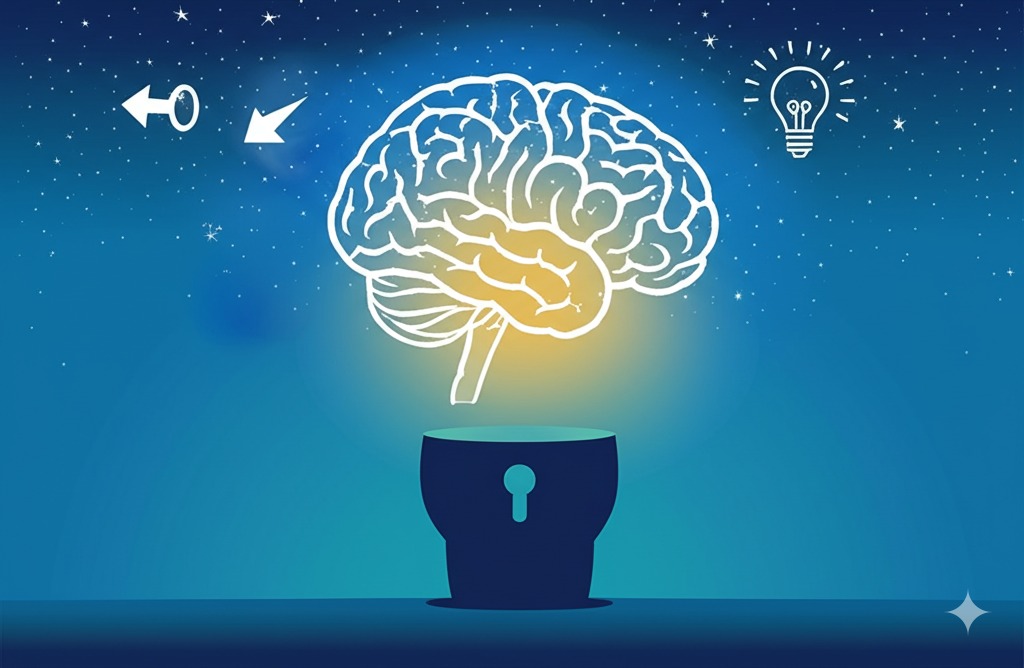Sleep and Creativity: How Rest Fuels Innovation and Problem Solving

Have you ever woken up with a brilliant idea or found a solution to a problem after a good night’s sleep? Science shows that sleep is not just for rest—it’s a powerful engine for creativity and innovation. In this article, we’ll explore how sleep fuels your imagination, helps you connect ideas, and makes you a better problem solver.
The Link Between Sleep and Creativity
Creativity isn’t just a gift for artists and inventors—it’s a skill everyone uses to solve problems, generate new ideas, and adapt to change. Research shows that sleep, especially REM (rapid eye movement) sleep, plays a crucial role in creative thinking. During REM sleep, your brain forms new connections, integrates memories, and makes unexpected associations.
How Sleep Boosts Problem Solving
Studies have found that people are more likely to solve complex problems after sleeping on them. Sleep allows your brain to “replay” and reorganize information, making it easier to see patterns and find solutions you might miss when you’re awake. This is why the phrase “sleep on it” is more than just good advice—it’s backed by neuroscience.
- REM sleep increases the likelihood of creative insight and “aha!” moments.
- Dreams can help you process emotions and rehearse solutions to real-life challenges.
- Sleep deprivation makes it harder to think flexibly and connect distant ideas.
Famous Examples: Sleep and Innovation
Many breakthroughs have come from dreams or moments of rest. Paul McCartney said the melody for “Yesterday” came to him in a dream. The structure of the benzene molecule, the invention of the sewing machine, and even Google’s search algorithm were all inspired by sleep or dreams. Sleep is a natural incubator for innovation.
Tips to Harness Sleep for Creativity
Before Bed
- Review a problem or project you want to solve before going to sleep.
- Keep a notebook by your bed to jot down ideas or dreams.
- Avoid screens and bright lights to promote deeper REM sleep.
After Waking Up
- Write down any dreams or ideas as soon as you wake up.
- Take a few minutes to reflect before jumping into your day.
- Try a morning walk or light exercise to boost alertness and creativity.
The Bottom Line
Sleep is not wasted time—it’s a vital tool for creativity, innovation, and problem solving. By prioritizing rest, you give your brain the chance to connect ideas, find solutions, and dream up your next big breakthrough.
Next time you’re stuck on a problem or searching for inspiration, remember: the best ideas often come after a good night’s sleep.



